Innovation refers to providing new value through the provision of products or services, bringing about changes in the world.
With the acceleration of technological advancements and mounting social issues, engineers are expected not only to provide
technology but also to creatively solve social issues and create new businesses and industries.
In this course, students will learn theories and frameworks of innovation and develop entrepreneurial spirit and innovation creation skills through various exercises. Additionally, students will gain practical abilities through forming teams and proposing business models in the Shibaura Business Model Competition (SBMC).
In this course, students will learn theories and frameworks of innovation and develop entrepreneurial spirit and innovation creation skills through various exercises. Additionally, students will gain practical abilities through forming teams and proposing business models in the Shibaura Business Model Competition (SBMC).
The aim is to acquire basic knowledge and methodology regarding innovation and develop practical abilities to apply them to
real business and social problem-solving, along with fostering the attitude and proactive approach towards them.
- To be able to communicate the concept and process of innovation to others in one's own words. (Basic understanding of innovation)
- Acquire a spirit and ability to learn from failures, embrace change, and continue to challenge (entrepreneurship).
- Ability to identify customers and problems, propose solutions, and go through the process of hypothesis and validation (innovation skills).
- Ability to devise new business models and propose them in the Shibaura Business Model Competition
| Class contribution | Individual assignment | Group activities | Total. | |
|---|---|---|---|---|
| 1. | 10% | 5% | 15% | |
| 2. | 15% | 5% | 10% | 30% |
| 3. | 15% | 10% | 10% | 35% |
| 4. | 10% | 10% | 20% | |
| Total. | 50% | 20% | 30% | - |
| Class schedule | HW assignments (Including preparation and review of the class.) | Amount of Time Required | |
|---|---|---|---|
| 1. | (Week 1) What is innovation? (What) "Guidance" Understand the outline, objectives, goals, and evaluation methods of the lecture on innovation. What is Innovation New combination |
Read the syllabus and learn some principles of innovations. | 190minutes |
| 2. | Innovation Theory Diffusion of Innovation Innovation Process |
Review the lecture and prepare your own report. | 190minutes |
| 3. | (Week 2) Innovation Theory Chasm Innovator's Dilemma |
Study various innovation types and categories. | 190minutes |
| 4. | Business Model Analysis Use Business Model Canvas to analyse existing business model |
Pick up some cases of innovation success and failure, and analyze them. Prepare your own report. |
190minutes |
| 5. | (Week 3) Define Customers and Problems How to find and develop customers Defining the problems |
Create a new business idea. | 190minutes |
| 6. | Value Proposition Canvas Lecture and exercise of VPC - Value Proposition Canvas |
Study about the company and prepare some questions. | 190minutes |
| 7. | (Week 4) Entrepreneurial Thinking Causation and Effectuation |
Study the characteristics of innovation leaders. | 190minutes |
| 8. | Special Lecture Engineer in Innovation (guest lecture) |
Follow the conclusion agreed during group discussion | 190minutes |
| 9. | (Week 5) Identification of Solutions Strategic Building Validation of Customers and Problems |
Prepare for idea generation by studying problems around you. | 190minutes |
| 10. | Prototyping Solutions New Business Strategy Competitive Strategy, Blue Ocean Strategy |
Review the process of Design Thinking and re-do the missing point, if any. | 190minutes |
| 11. | Innovation process exercise Creating a business model proposal Slide preparation Application form preparation |
Discuss the topics among group members and prepare for the discussion. | 190minutes |
| 12. | Presentation Preparation Creation of Business Plans Finishing Business Model Proposals Preparation for Presentation |
Deepen the discussion and co-operate to summarize. | 190minutes |
| 13. | (Week 7) Preparation for the final presentation |
Preparation for the presentation. | 190minutes |
| 14. | Group presentation (pitch = final presentation), evaluation Each group presents (pitches) their business plan, and through mutual evaluation, experience the process of continuous improvement of innovation plans. General review, SBMC guidance |
Review the presentation and prepare a report for the next cycle. | 190minutes |
| Total. | - | - | 2660minutes |
Criteria:
Cooperating with the class and contributing to active discussions, 30%.
Individual assignment, 30%.
Play an active role in group work and contribute to maximizing team strength and results, 40%.
Evaluation criteria
- Meeting basic requirements: 60 points
- Meeting requirements with logical background: 70 points
- Meeting requirements by utilizing knowledge obtained in the course. The presentation is clear with a logical sequence. : 80 points
Cooperating with the class and contributing to active discussions, 30%.
Individual assignment, 30%.
Play an active role in group work and contribute to maximizing team strength and results, 40%.
Evaluation criteria
- Meeting basic requirements: 60 points
- Meeting requirements with logical background: 70 points
- Meeting requirements by utilizing knowledge obtained in the course. The presentation is clear with a logical sequence. : 80 points
| ways of feedback | specific contents about "Other" |
|---|---|
| Feedback in the class |
The textbook will not be specified.
Reference books
The Innovation Dilemma, Christensen, 1997, Shoei-sha
The Ambidextrous Management, O'Reilly Tuschman, 2019, Toyo Keizai Inc.
Business Model Canvas Strategy Guide, Miki Imazu, 2020, Shoei-sha
Understanding Business Models, Tatsuhiko Inoue, 2021, Nikkei Inc.
Reference books
The Innovation Dilemma, Christensen, 1997, Shoei-sha
The Ambidextrous Management, O'Reilly Tuschman, 2019, Toyo Keizai Inc.
Business Model Canvas Strategy Guide, Miki Imazu, 2020, Shoei-sha
Understanding Business Models, Tatsuhiko Inoue, 2021, Nikkei Inc.
Research products and services that you think are innovative, and understand their characteristics and reasons for being a
hit.
- A prior appointment via email is necessary.
- Course that cultivates an ability for utilizing knowledge
- Course that cultivates a basic interpersonal skills
- Course that cultivates a basic self-management skills
- Course that cultivates a basic problem-solving skills
| Work experience | Work experience and relevance to the course content if applicable |
|---|---|
| Applicable | The professor has long experience in an international company in the music industry. |
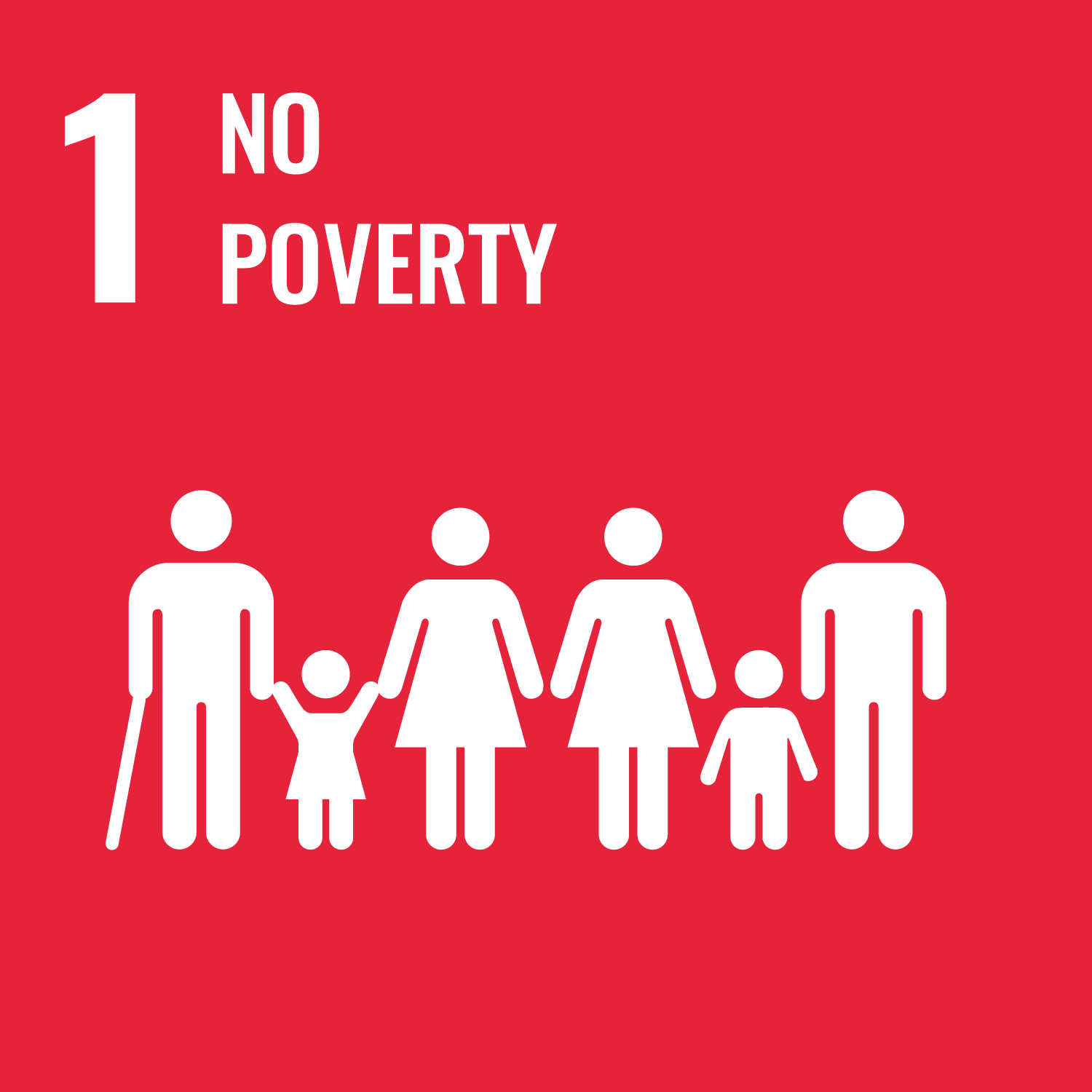
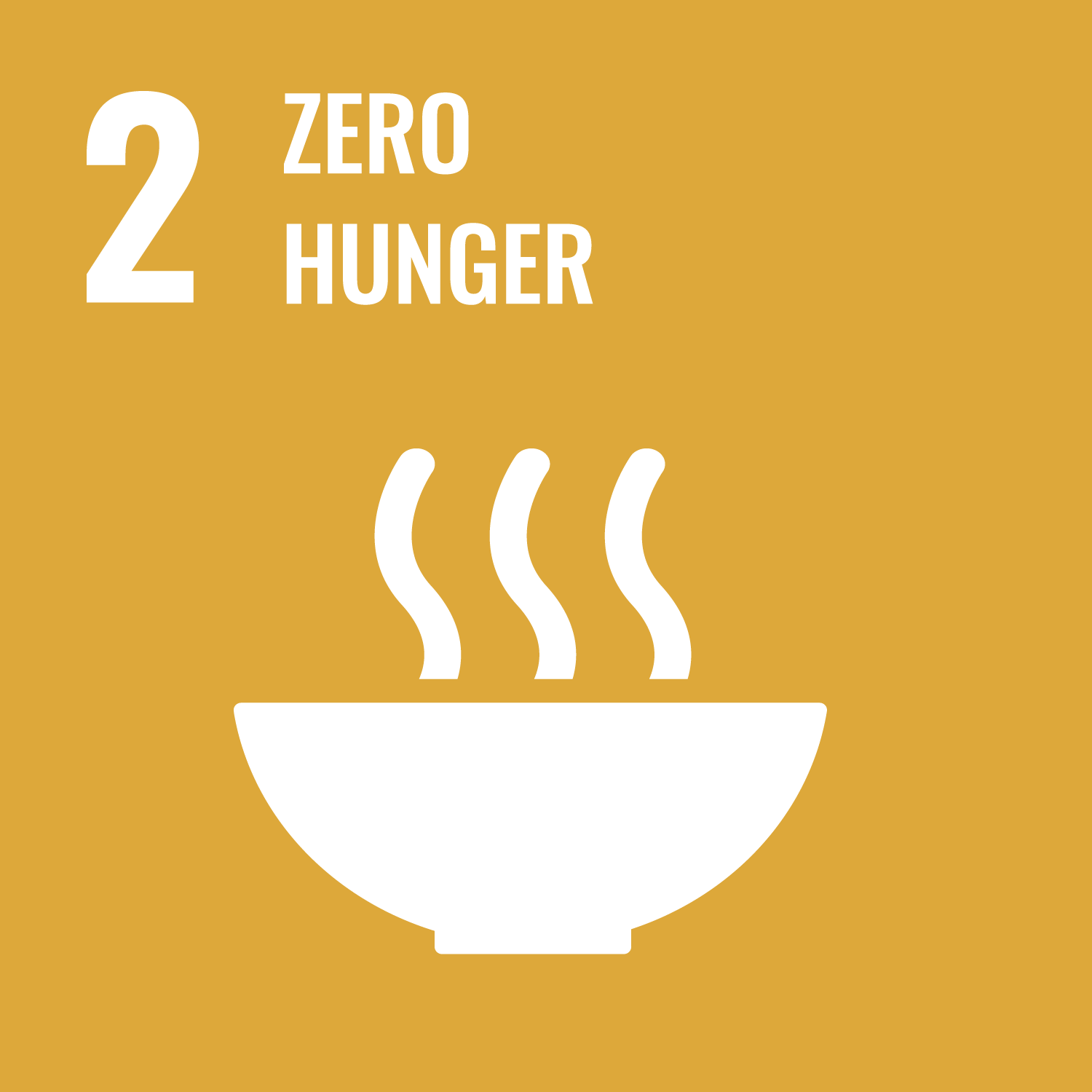


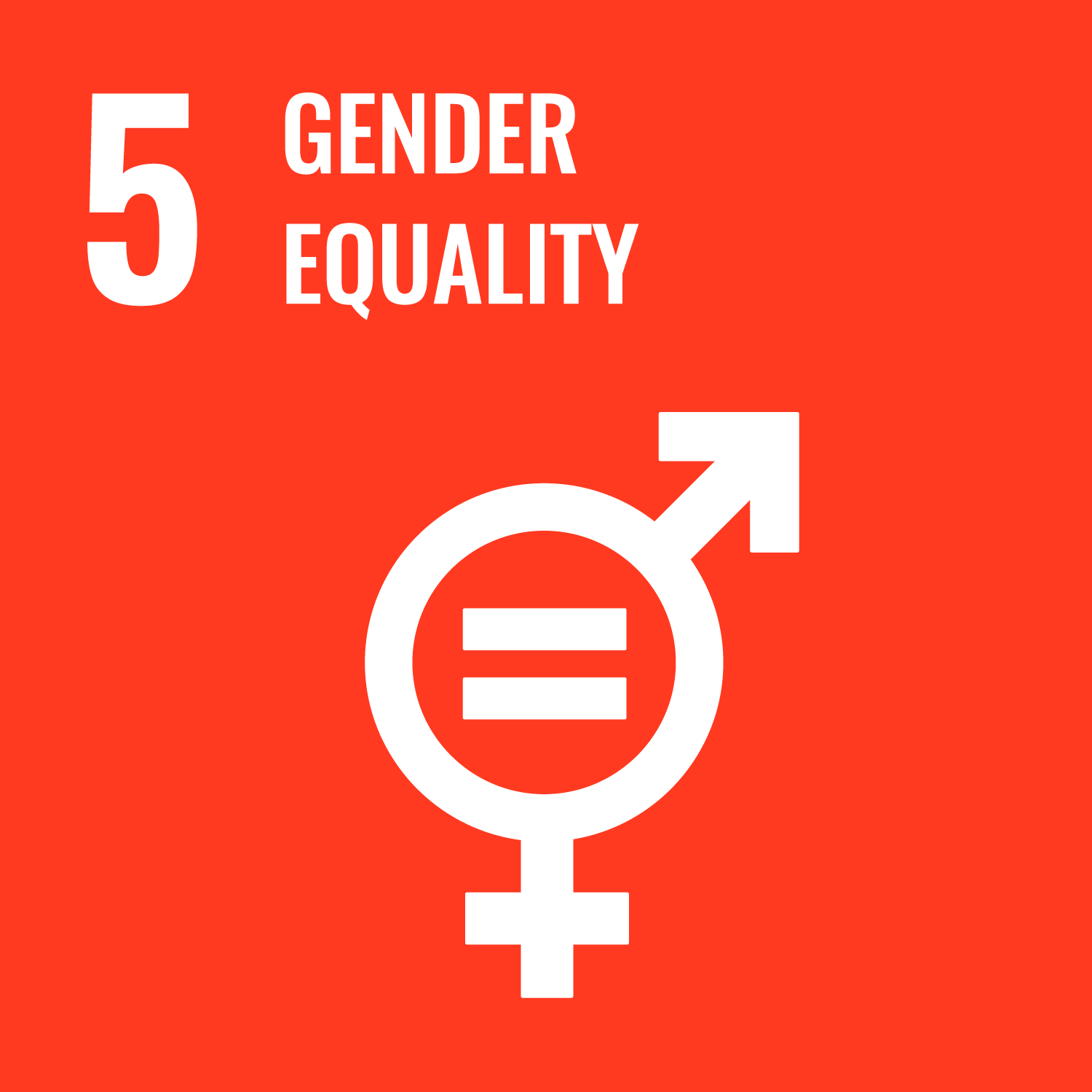
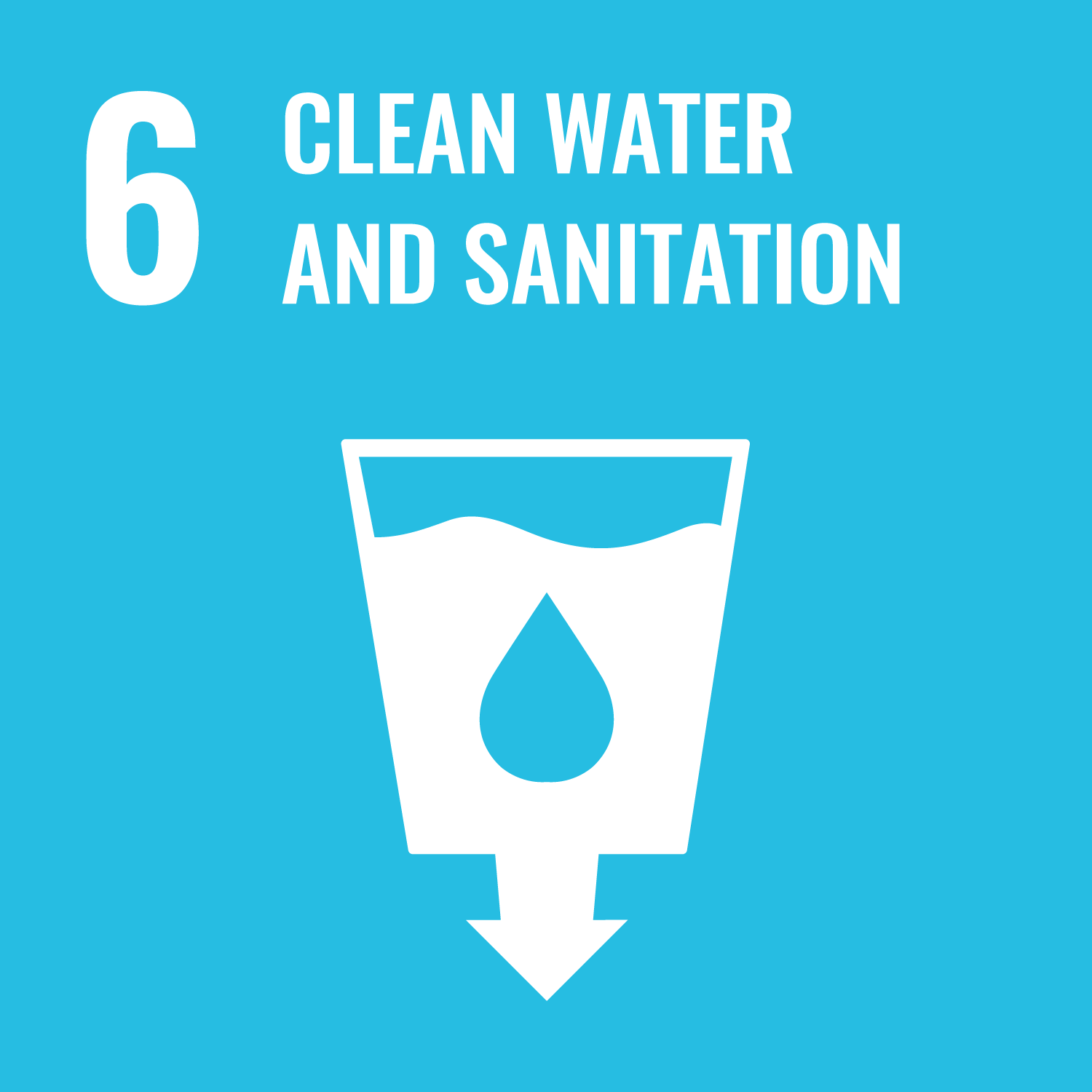







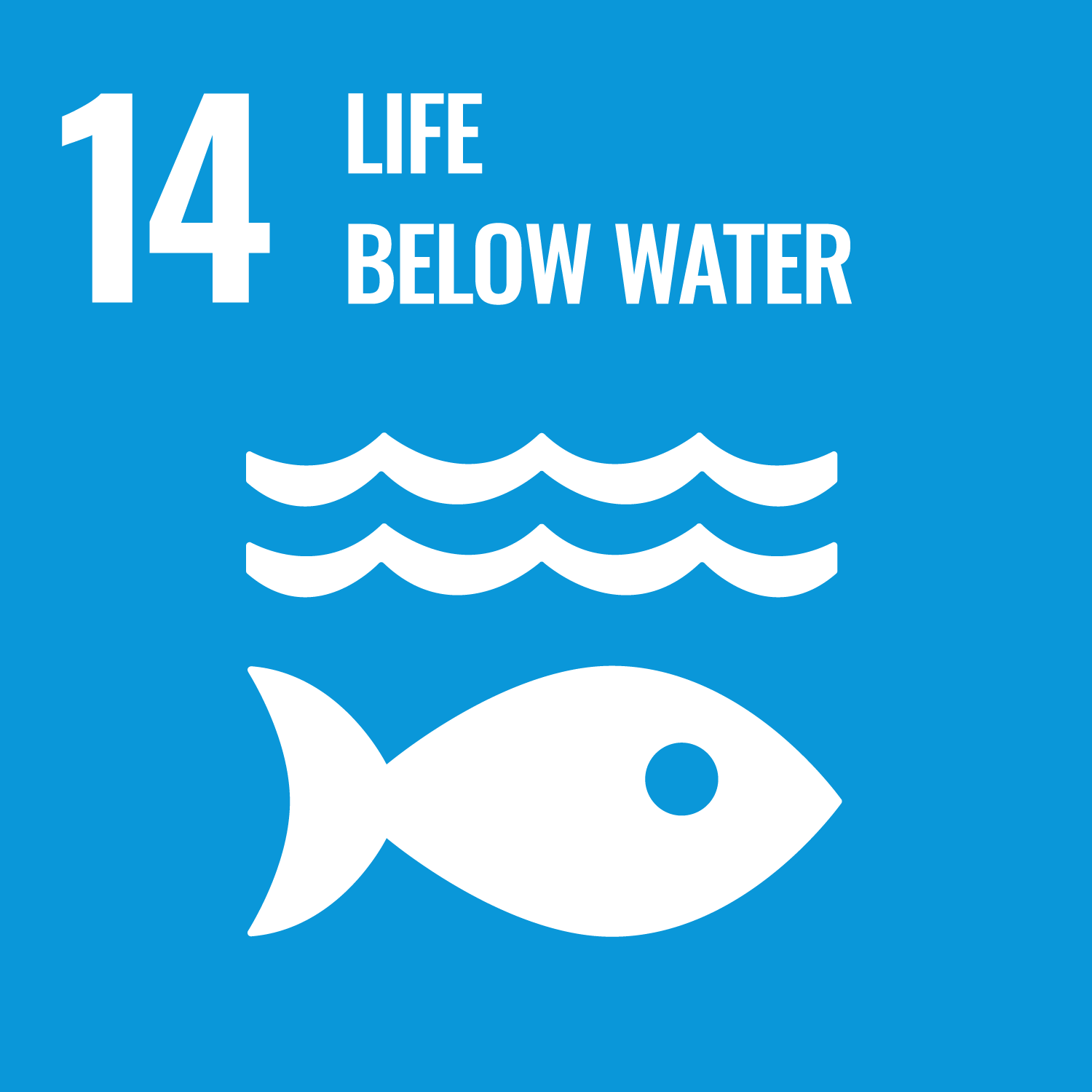
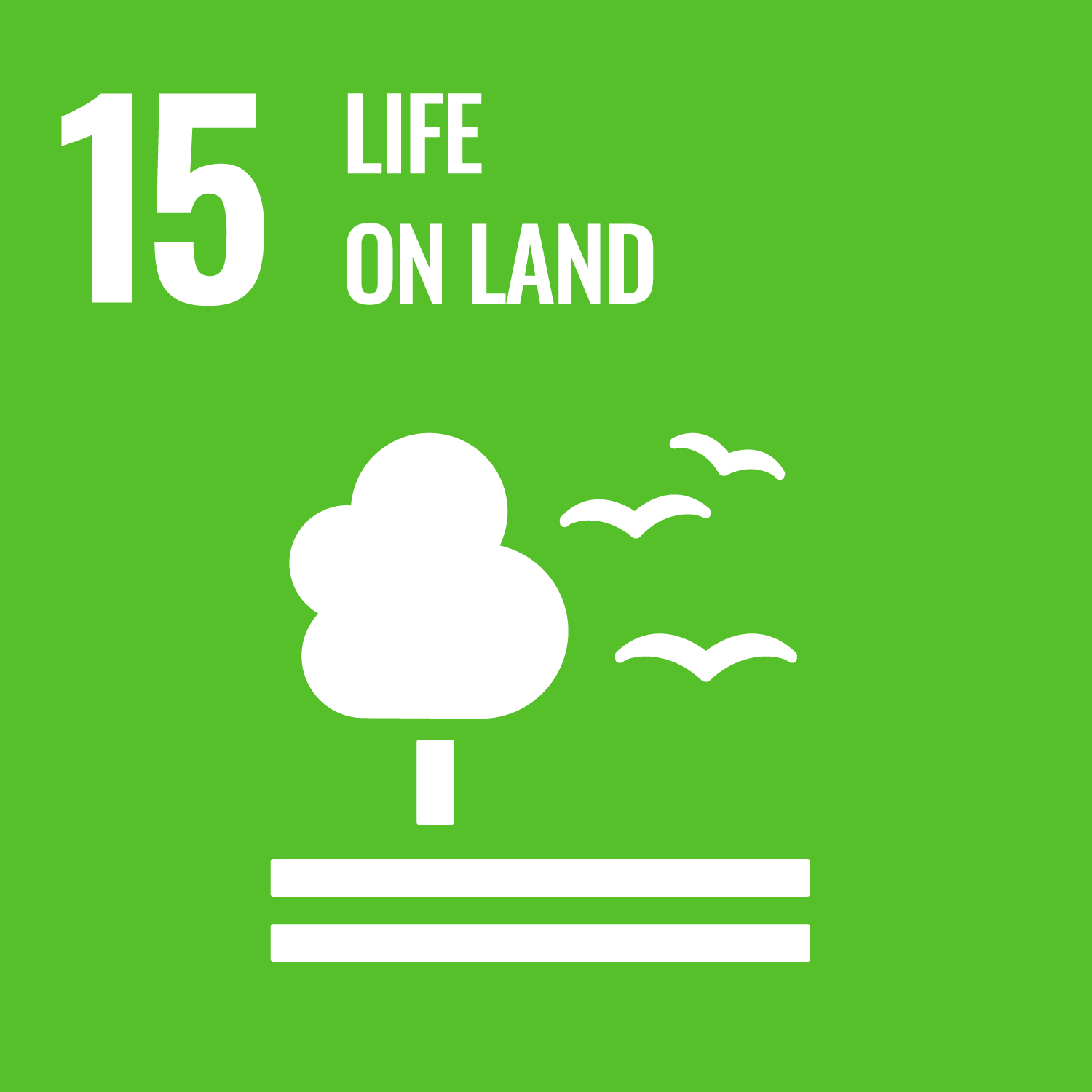


- 1.NO POVERTY
- 2.ZERO HUNGER
- 3.GOOD HEALTH AND WELL-BEING
- 4.QUALITY EDUCATION
- 5.GENDER EQUALITY
- 6.CLEAN WATER AND SANITATION
- 7.AFFORDABLE AND CLEAN ENERGY
- 8.DECENT WORK AND ECONOMIC GROWTH
- 9.INDUSTRY, INNOVATION AND INFRASTRUCTURE
- 10.REDUCED INEQUALITIES
- 11.SUSTAINABLE CITIES AND COMMUNITIES
- 12.RESPONSIBLE CONSUMPTION & PRODUCTION
- 13.CLIMATE ACTION
- 14.LIFE BELOW WATER
- 15.LIFE ON LAND
- 16.PEACE, JUSTICE AND STRONG INSTITUTIONS
- 17.PARTNERSHIPS FOR THE GOALS
Last modified : Fri Jun 28 16:39:52 JST 2024
